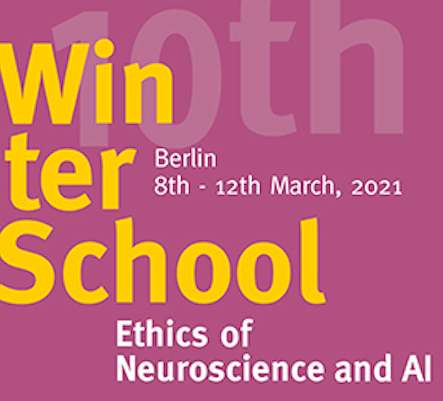
Winter School “Ethics of Neuroscience and AI” 2021
The 10th Winter School "Ethics of Neuroscience and AI" is taking place on March 8-12, 2021. It is organized by the BCCN Berlin/ICCN, the Berlin School of Mind and Brain,

The 10th Winter School "Ethics of Neuroscience and AI" is taking place on March 8-12, 2021. It is organized by the BCCN Berlin/ICCN, the Berlin School of Mind and Brain,
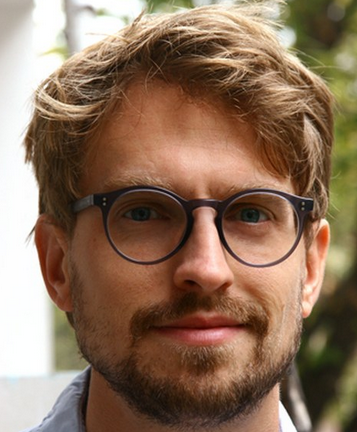
When controlling action — e.g., hand movements — the brain typically relies on seen and felt posture information to represent 'its' body. It is thought that the brain combines these
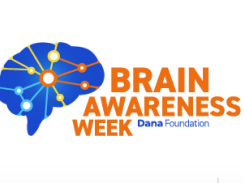
A Brain Awareness Week event organized by Scholar Minds and in collaboration with Science of Intelligence and the Berlin School of Mind and Brain "We from Scholar Minds and in

A lab demonstration on optical illusions for Brain Awareness Week, organized by SCIoI + Active Perception and Cognition Lab (Martin Rolfs) "We from the active perception and cognition lab would

This two-day workshop, co-organised by the Berlin-based Science of Intelligence Cluster and Human Abilities – Centre for Advanced Studies in the Humanities, brings together philosophers and cognitive scientists to discuss
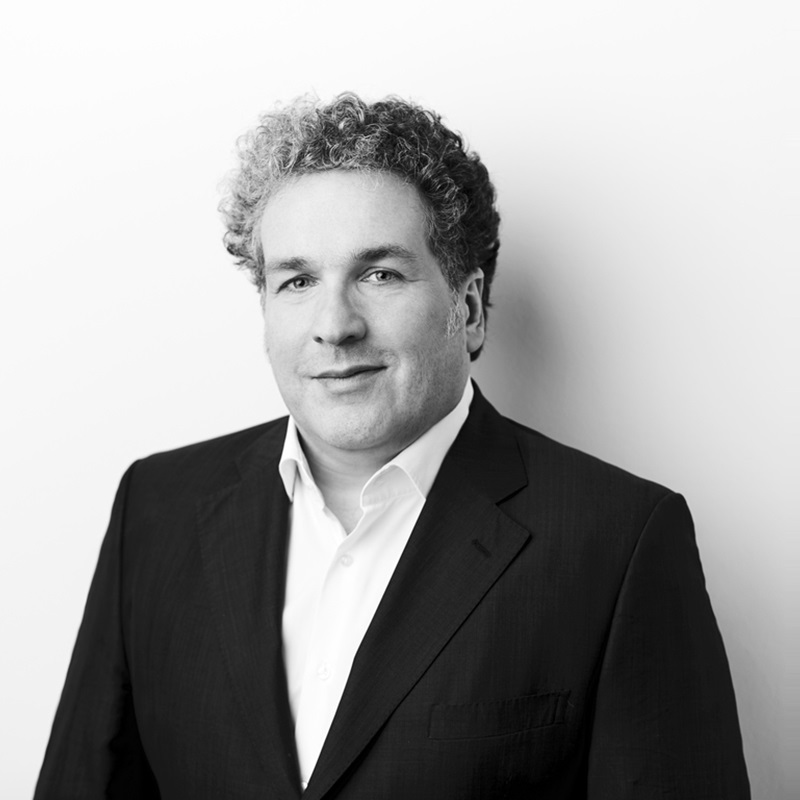
Abstract: Oliver Brock will talk about these five things: 1) Is intelligence non-decomposable? 2) Does intelligence require multiple computational paradigms? 3) To neuroscience or not to neuroscience? 4) A principle

The event, called “AI: A Tough Love” explores the connection between the calculating machine and the human being, and attempts to understand in what ways do the worlds of humans,

On Thursday 22 April 2021 EU Officers from the four institutions of the Berlin University Alliance (Edda Nitschke, FUB; Caroline Schleier, HUB; Elke Gehweiler, TUB; Mara Klein, Charité) will visit
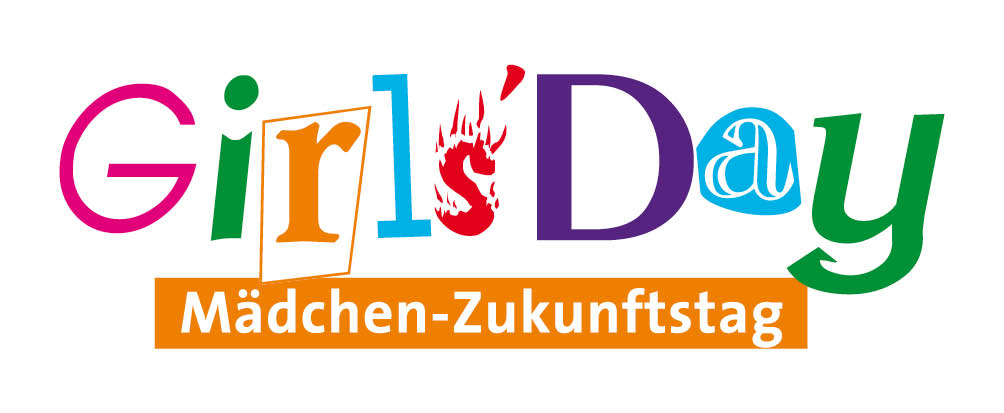
Girls' Day/Mädchen-Zukunftstag, happening digitally on 22 April, provides school girls around Germany with a day of informative activities aimed at guiding them in their career choices, focusing on career paths

Abstract: Oliver Brock will continue exploring about these five things: 1) Is intelligence non-decomposable? 2) Does intelligence require multiple computational paradigms? 3) To neuroscience or not to neuroscience? 4) A
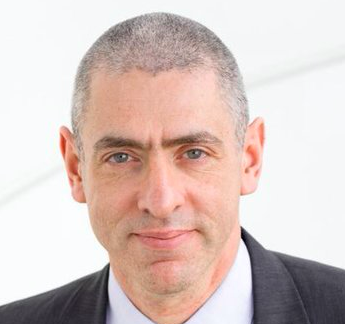
Speaker: Peter Dayan, Max Planck Institute for Biological Cybernetics, https://www.mpg.de/12309357/biologische-kybernetik-dayan Hosted by Henning Sprekeler; moderated by Robert Tjarko Lange Peril, Prudence and Planning as Risk, Avoidance and Worry Risk occupies
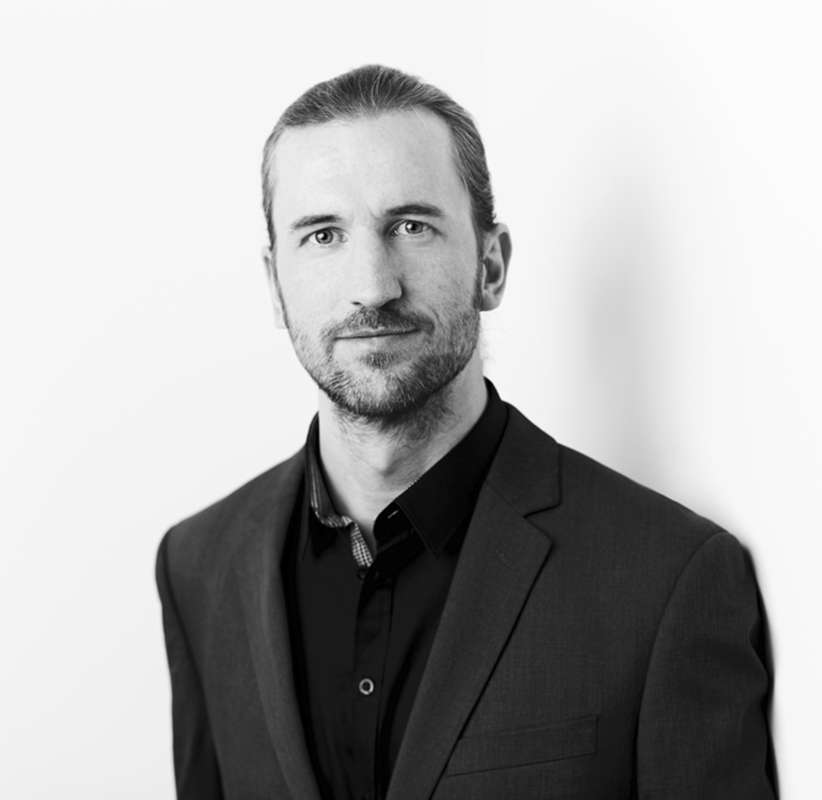
Abstract Actions affect perception directly and in multiple ways, exerting their influence (1) by modifying parts of the external world, (2) through internal processes accompanying movement preparation, and (3) through